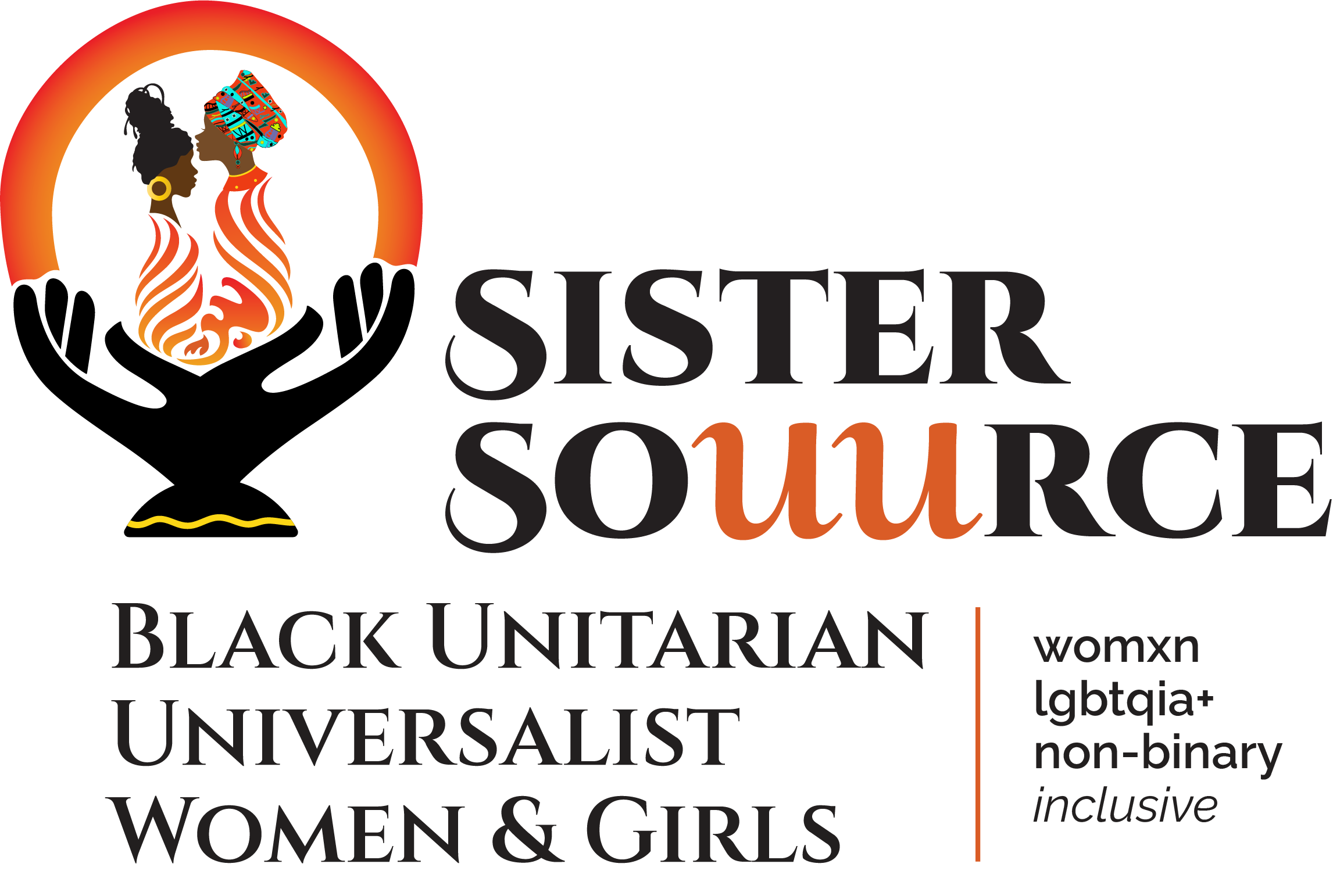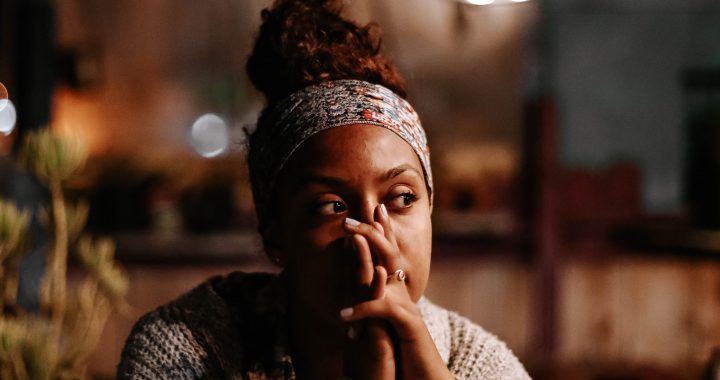The new church year always brings a burst of busyness and excitement for me. I am occupied trying to discern what if any new trends are surfacing among our congregations, ministers and leaders. For many congregations August ushered in the arrival of newly settled ministers. For others, congregational staff have been busy over the summer reviewing and refreshing, some evaluating the resulting attrition from the pandemic and busy breathing vitality into congregational life. Perhaps worship has been tweaked and the liturgy now includes new components or maybe some elements have been removed. If you are lucky, growth required a new way of doing joys and concerns. If you are among the congregations that had to downsize to part time ministry, or no minister, or to reduce the number of services, there will be some push back and adjustments to the changes.
Ordination
Leaving behind the safety of familiar practices and dealings within ministry, we recognize that while only the Ministerial Fellowship Committee (MFC) can grant preliminary fellowship, congregational polity allows UU congregations the right to ordain whomever they deem worthy. We are pleased and proud to recognize five newly ordained ministers into our midst. It is my honor and pleasure to welcome the following individuals into the small and distinguished body of Black UU clergy women. Your hard work and dedication have qualified you to assume the title of Reverend, Pastor, Minister as conveyed by the MFC.
• • •
We speak your names:
Rev. Petra Thombs
Rev. Jane Davis
Rev. Latifah Griffin
Rev. Althea Smith
Rev. Dianne Daniels
• • •
Blessing
May your ministries be long and fruitful.
May you know your value and worth.
May your vision guide your passion and your wisdom direct your path.
May you be unencumbered by life’s distractions as you bring the best of yourselves to your ministries.
Ministry can be a lonely calling as our new UUA President, Rev. Dr. Sofia Betancourt recently reminded us at Rev. Chris Long’s powerful ordination ceremony. She stated, “There is a loneliness that lives at the center of our callings.”
May you nurture supportive environments filled with friends, family, self-care and spiritual practices that balance your callings.
We welcome you! We welcome all of who you are and all that you will share.
May it be so and Blessed Be!
Rev. Qiyamah A. Rahman
• • •
(Sometimes a lay led congregation will ordain an individual that has been functioning in a ministerial role. I have known instances when a lay person was ordained so that they could perform weddings, memorial services and represent the congregation in public functions. I have met some fine Commissioned Lay Ministers. But that is not the case here. I will talk more about that in a future post.)


